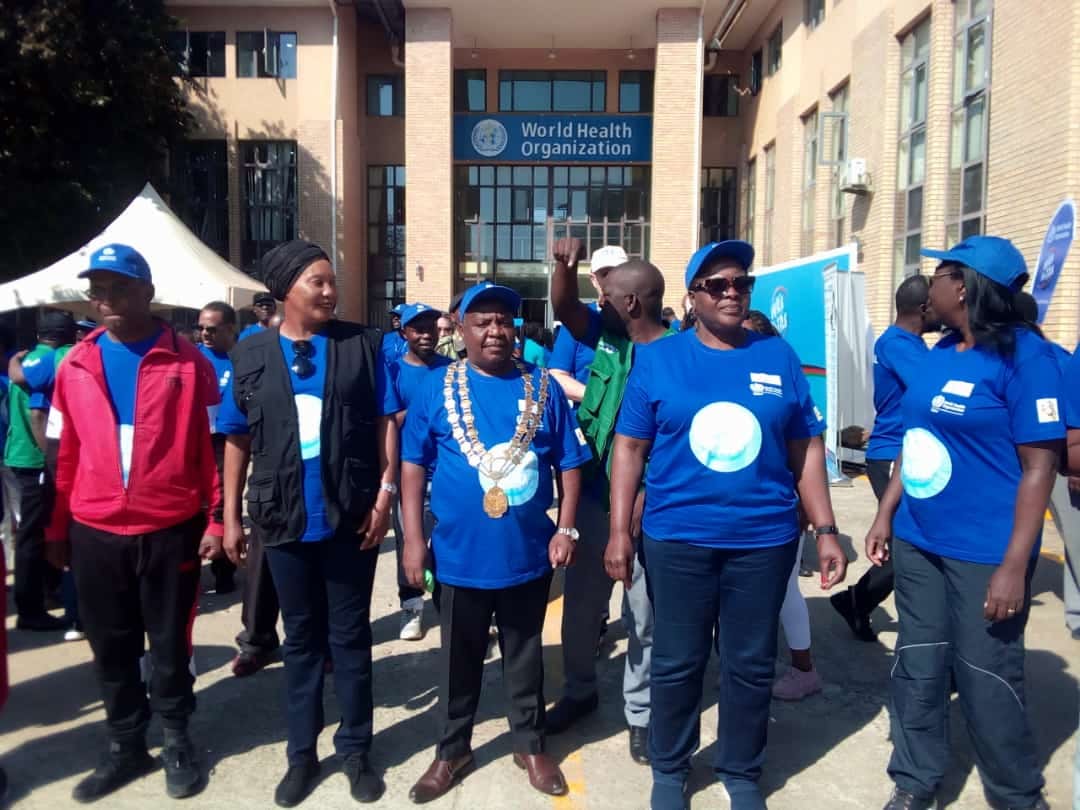World Health Organization Celebrates 75 Years of Contributing to Malawi's Health Sector
World Health Organization commits to universal health coverage in Malawi, aiming to reduce maternal mortality and improve healthcare access, writes Judgement Katika.
Lilongwe, Malawi - The World Health Organization (WHO) has revealed its commitment to ensuring universal health coverage in Malawi as part of its efforts to reduce maternal mortality rates and improve access to healthcare services, writes Judgement Katika.
During a celebration marking the organization's 75th anniversary, Nima Kima Kimambo, the WHO Country Representative, highlighted that 70% of the country's population lives within a ten-kilometer radius of a health facility. However, she emphasized the need to establish additional facilities that are even closer to the people.
Kimambo also stressed the importance of addressing HIV/AIDS, tuberculosis, and the ongoing COVID-19 pandemic in the country.
Over the past 75 years, WHO has made significant strides in eradicating dangerous diseases, including smallpox. The organization's introduction of vaccines and immunization programs has been instrumental in achieving these milestones.
"As an organization, we have made remarkable progress, such as ending pandemics and reducing the transmission of HIV/AIDS from mother to child. In the past, this disease was a death sentence," stated Kimambo.
Minister of Health, Khumbize Kandodo, expressed gratitude to the WHO for its invaluable support to the country.
"The organization has made significant contributions to our nation. They provide advice to my ministry, such as during the recent COVID-19 and cholera outbreaks. The WHO has been instrumental in assisting our country, and I highly commend their efforts," Minister Kandodo acknowledged.
The WHO was established in 1948 and has played a crucial role in improving Malawi's health sector and combating dangerous diseases, including polio and cholera.
The organization's ongoing commitment to universal health coverage and disease prevention remains vital to ensuring a healthier future for the people of Malawi.



